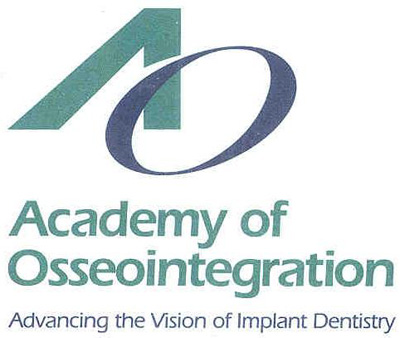It is important for all of us to cultivate effective, daily, oral hygiene habits and monitor the health of our teeth and gums carefully. While women are generally more attentive to oral health, they are also more challenged to maintain it due to the effects of cycling hormones. Progesterone and possibly estrogen can increase the sensitivity of the gums and lead to a greater reaction to irritants such as plaque and food particles. For this reason women need to pay particular attention to their oral health and, as suggested below, request a periodontal evaluation when considering pregnancy.
PUBERTY and MENSTRUATION
During the teen years, levels of estrogen and progesterone increase and fluctuate monthly. Women of this age may notice red, tender, or swollen gums that may bleed easily when brushing or eating. Teens should receive thorough oral hygiene instruction so that their brushing and flossing are effective in removing dental plaque. Any irritation of the gum tissue should be addressed by a dental professional.
PREGNANCY and ORAL CONTRACEPTIVES
Hormones levels increase significantly during pregnancy often resulting in red, swollen, tender gums that bleed easily. These symptoms arise most frequent between the 2nd and 8th months of pregnancy and are sometimes referred to as pregnancy gingivitis. Oral contraceptives are synthetic hormones designed to mimic pregnancy and as such, may induce red, swollen, tender gums that bleed easily.
Occasionally, irritation to the gum tissue is localized and forms a bump or nodule called a “pregnancy tumor”. These are painless and benign (non-cancerous) and often recede after pregnancy. However, they can be a nuisance and may require removal.
More serious is the association between periodontal disease and premature, low birth weight babies. Research has shown that pregnant women with severe periodontal disease are significantly more likely to have a baby born too early and too small. If you are planning to become pregnant, be sure to include a periodontal evaluation as part of your prenatal care.
MENOPAUSE
As your body changes and adjusts in the menopausal years, you may notice changes in your mouth. Although not completely understood, women who are menopausal or post-menopausal may experience dry mouth, painful burning sensations, or altered taste perception to salty, peppery, or sour food. A condition called “menopausal gingivostomatitis” is characterized by dry, shiny gums that bleed easily. In some cases estrogen supplements may be prescribed to relieve these symptoms.


